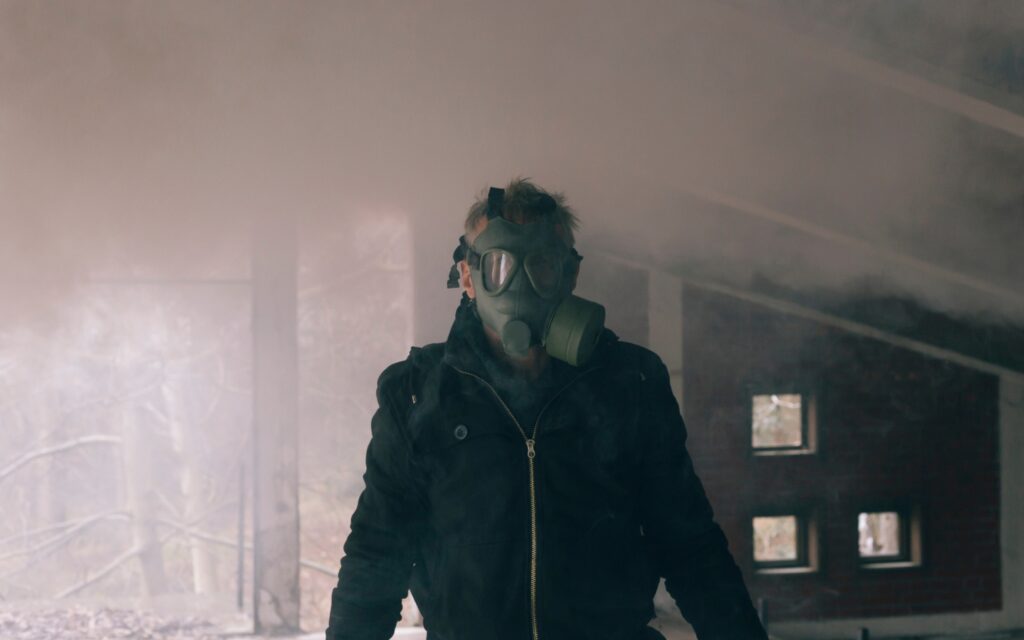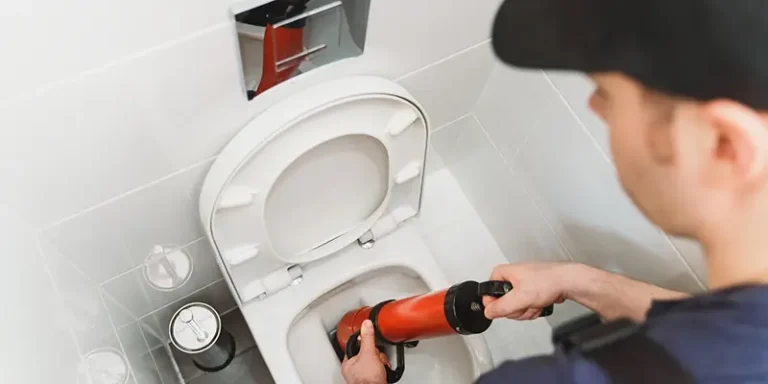Did you know that sewer gas poisoning is so life-threatening that it shoud never be put on hold? This is because one can be affected from sewer gas exposure and yet remain completely unaware of it.
There’s a possibility of having symptoms from the ailments caused by sewer gas and yet mistaking it for some other reason so that’s why we’ve outlined this detailed guide that will help one understand what could cause sewer gas poisoning and effective ways to treat it.
What Makes Sewer Gas Leaks Inside The Home?
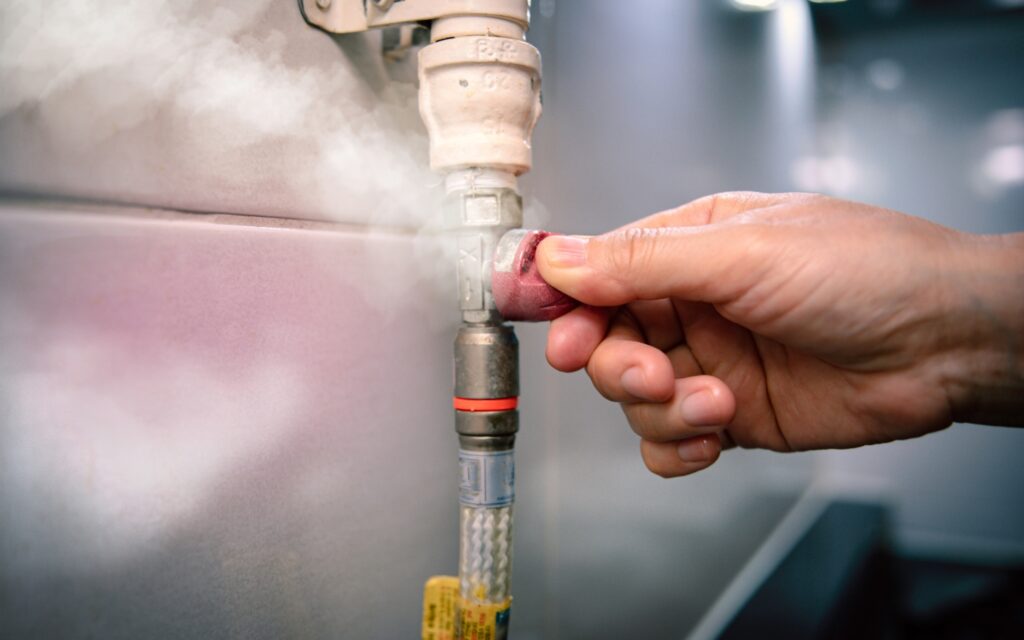
Despite all the design and fitting measures taken into account while working on the plumbing system, it may take just one small crack or leakage on drain pipes to result in sewer gas issues.
Below we’ve highlight some very noticeable and hidden plumbing malfunctions that may be signs of hidden sewer gas leakage at home.
- Any minor misplacement or leakages in vents.
- Corrosion or rusting of septic pipes.
- Cracked, broken, or damaged sewer pipes.
- Blockage of air vents with dirt, debris, and solid impurities.
- Loose-fitted vents or buildup of bird nest on air roof vent.
- Clogging of drainage pipes with hair, toilet paper, or other waste.
- Drying of water barrier of drain pipes that remain unused.
- Toilets loose-fitted with sewer pipes.
Signs You Might Be a Victim of Sewer Gas Poisoning

The first indication of a leak you need to know is the rotten egg smell from the drainage system getting into your home. In this instance check for blockages in the air roof vents by removing dirt or flush water from the drain pipe to trace entry points where the sewer gas smell is coming from.
Along with the rotten egg smell, some other symptoms you should know that also indicate exposure to sewer gases other than hydrogen sulfide are:
- Fatigue for no apparent reason.
- Feeling like throwing up because of the noxious sewer gas leak, especially the hydrogen sulfide.
- Vomiting
- Feeling of dizziness.
- Lack of concentration.
- Poor memory
Though these symptoms are quite common to experience and seem treatable, high exposure to sewer gases can further aggravate the situation. Some high-risk dangers sewer gas exposure could lead you to:
● Hydrogen Sulfide Poisoning
Low levels of hydrogen sulfide can show symptoms already mentioned above but can extend to coughing, eye irritation, and other respiratory issues.
Exposure to a high level of this toxic gas shows adverse effects, from loss of smelling sense to sudden unconsciousness although rarely leading to death it is still possibe.
● Explosion Risk
Most of the sewer gases, including methane and hydrogen sulfide, are characterized as highly flammable and are capable of causing explosions at the home. Poor fuel disposal in the drain further increases the fire risk, as even a drop of its vapor can ignite these flammable sewer gases.
● Suffocation
A sewer gas leak can replace oxygen in the air with methane which can cause severe headaches, unconsciousness, and dizziness. However, with higher methane concentrations, the lack of oxygen within your surroundings can cause sudden death.
Immediate Treatment to Treat Sewer Gas Poisoning
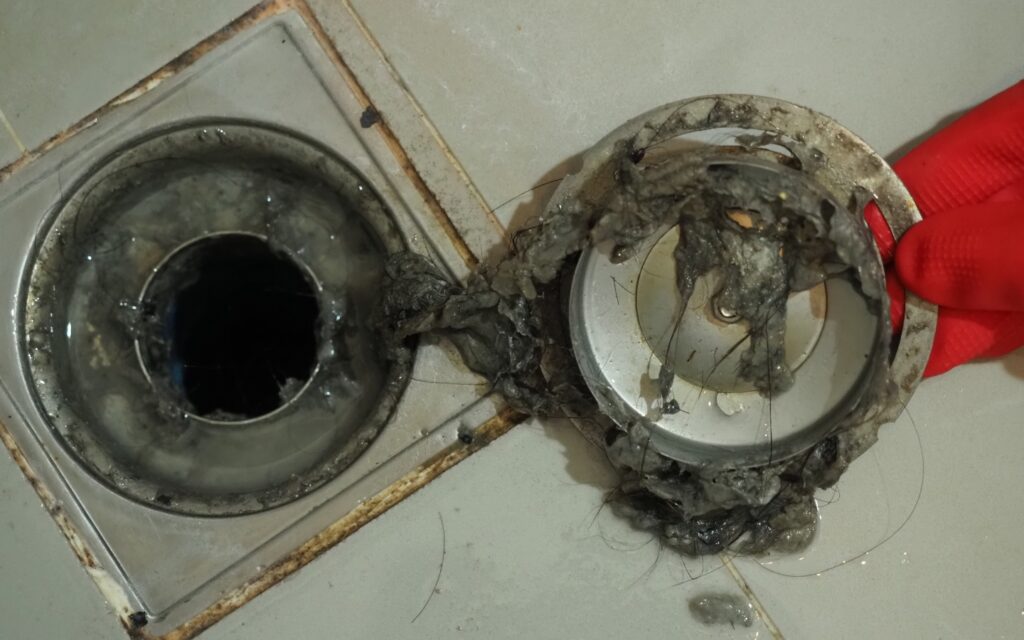
If you think you have a sewer gas leakage at your home and believe it is mild, you can treat it at home without the help of plumbing professionals with your home tool kit and necessary protective gear.
All it takes is to trace all possible entry points sewer gas is leaking. Check for the blockage in drain pipes by flushing out water or removing clogged debris from the rooftop gas vent.
However, trying to repair damaged, ill-fitted, or clogged drain sewer lines on your own without having any experience could result in aggravating the existing sewer gas leakage so it is highly advisable to contact a proffesional.
Below we have tried to show you a roadmap for effective treatment if you are being exposed to high-level sewer gas poisoning.
● Leave the Affected Premises
First things first, you need to think for your safety and evacuate the area suspected of sewer gas leakage as soon as possible. Air out your home by keeping windows doors and vents open.
Put off the stove or smoker or any other heat distributing device, switch off other home appliances to eliminate the risk of shock or fire eruption, and immediately call in your plumber. Here, we have categorized different causes of sewer gas exposure and the potential solution it needs.
● Inspection of Pipe Leakage
Leakage in sewer pipes or vents of your plumbing systems often comes as the main culprit to an unnoticed sewer gas exposure.
Though the treatment depends on the severity of the actual cause of the sewer leak, a plumber may probably begin with detecting leaking points through a plumbing camera.
They can also use plumbing dye or steam, making leaks float above the ground level. Once a leak is detected, the plumber may replace that sewer line or go for hydro-jetting to repair it.
If you think the blocked vent pipe has to do with sewer gas exposure, disconnect each section of the roof venting pipe until it is cleaned enough.
● Fixation of Loose-Fitted Toilets
A toilet seal with drainage often gets misplaced, given the anchor bolts are not fitted or its rubber ring having wear and tear.
If you suspect a sewer gas leakage from the toilet, ask a plumber to inspect each mounting bolt, tube lining, wax ring, and look for hidden cracks. Treat such sewer gas leaks by either replacing its fixture or the whole appliance if cracks exist.
● Free Clogged Sewer Drain Lines
If sewer gas poisoning occurs due to a poorly fitted drain trap, an easy repair of it is to pass a bucket of water down each drain.
Normally, because of the cold weather, rescued indoor air pressure, or dirt clogging, drain traps that are not air locked appropriately get dried off to leak sewer gas inside the home.
How to Treat People Exposed To Sewer Gas Leakage?
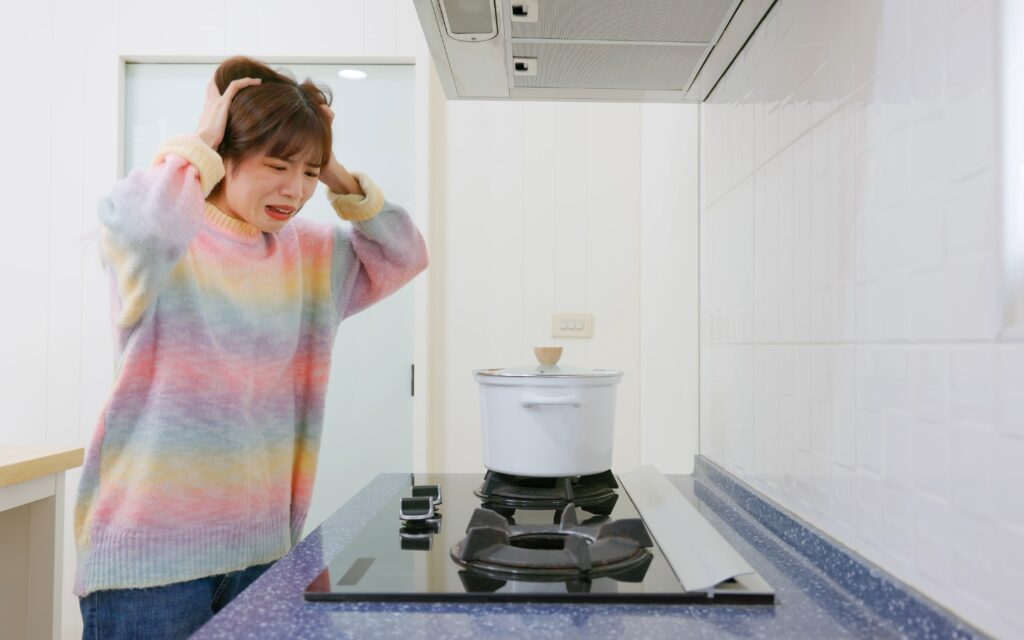
The treatment varies as per the health risk associated with sewer gas poisoning, which again, depends on many factors such as:
- Individuals health
- Smoking or drinking habit.
- Past exposure to toxic chemicals and other medications.
- The concentration of sewer gas and length to which one is exposed to its leakage.
- Whether gas is inhaled, touched, or swallowed with food items.
Nonetheless, for severe sewer gas poisoning, there are certain immediate measures you need to take at home before rushing away to the hospital for a thorough analysis.
● Prehospital Treatment for Sewer Gas Poisoning
Shift the affected person to some safe zone where fresh air passes regularly to maintain respiration and reduce imbalance of the pulse rate.
For a traumatized patient, it is advised to adjust their cervical spine through a collar and sit them on the backboard. Provide ventilation to stabilize breathing with the help of a gas valve mask.
● Decontamination to prevent further poisoning
To decontaminate an affected person start by removing their clothes and double-wrap them to avoid any chance of further contamination. Wrap the affected area with a blanket to help sustain circulation while it warms up. Flush water over the affected area for 5 minutes until it soothes down.
If the patient has any area suffering from forstbite, treat it by submerging the affected area in a water bath at 102-108°F to let it rewarm for at least 30-40 minutes.
Once you are done with this immediate treatment, don’t wait to seek extensive medical help to treat other symptoms of respiratory and cardiovascular problems.
Bottom Line
It is quite normal to have sewer gas leakage from household drainage, and your local plumber can easily fix it. However, the problem arises when these gases persistently leak leading to overexposure of their toxic elements, particularly hydrogen sulfide which causes sewer gas poisoning with high-risk symptoms.
Thus, it is better to be safe than sorry and go for monthly plumbing maintenance and inspection so no potential sign of hidden sewer leakage goes unattended.




